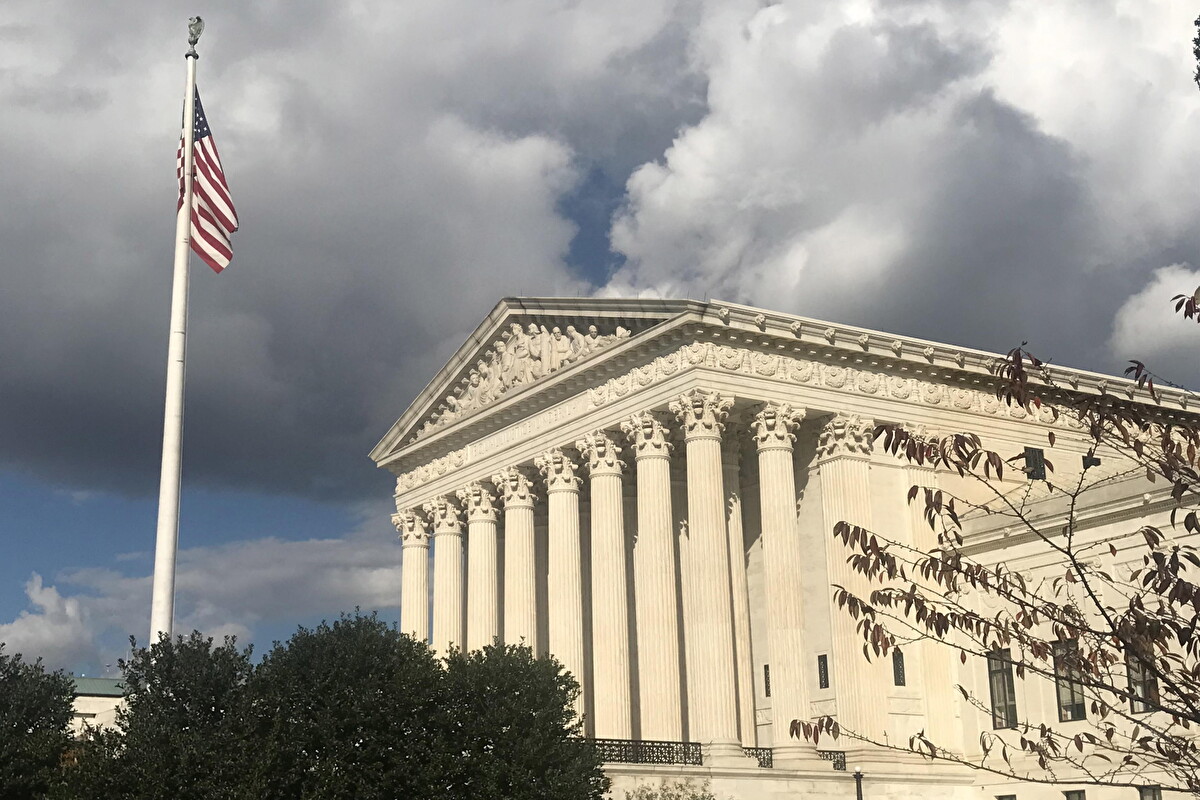Governor Kathy Hochul took a seat at the head of a grand table in the Capitol’s Red Room, flanked by her advisors and surrounded by a group of mayors from various parts of the state. With a touch of humor, she unveiled a bunch of carrots, jokingly suggesting that these were the incentives for fostering housing development.
In a departure from her previous stance, Hochul proposed offering approximately $600 million in state grants and incentives, metaphorically labeled as “carrots,” to local governments willing to expand their housing inventory or commit to pro-housing policies. This marked a shift from her earlier view that such incentives alone wouldn’t suffice for meaningful change.
Listening to feedback, Hochul acknowledged the importance of a more collaborative approach. However, she remained cautious about incorporating new eviction protections for existing tenants, a demand reiterated by lawmakers.
The governor emphasized her ambitious plan to create 800,000 new housing units statewide over the next decade, aiming to alleviate the soaring housing prices, particularly in New York City. Her latest proposal sought to enhance the Pro-Housing Community Program, which incentivizes municipalities to prioritize housing development.
Under the revised plan, municipalities would need to obtain “pro-housing” certification to access certain grants, such as the Downtown Revitalization Initiative. Hochul convened a roundtable with mayors from cities already enrolled in the program, highlighting its potential to address housing challenges.

Despite these efforts, progressive lawmakers stressed the inseparable link between housing supply and tenant protections. Senator Julia Salazar introduced a bill advocating for tenant rights, underlining the need for a comprehensive approach to the housing crisis.
Hochul maintained her focus on increasing housing supply but acknowledged the importance of discussing tenants’ rights separately. While she recognized the need for dialogue on the matter, she emphasized the urgency of addressing the housing shortage.
Meanwhile, in a related development, Mayor Eric Adams launched the Affordable Housing Services initiative in New York City. The program aims to create 1,500 permanent affordable homes for individuals in the shelter system, leveraging CityFHEPS vouchers to expedite the process. “Time and time again, our administration has taken action to help New Yorkers in our shelter system move into permanent affordable homes, and our strategies have proven effective,” Adams said. “As 10,000 households eligible for CityFHEPS are currently living in shelters, the Affordable Housing Services initiative will create over 1,500 much-needed permanent affordable homes for New Yorkers experiencing homelessness. And as we act now to connect New Yorkers to the homes they need, we will continue to advance our historic ‘City of Yes’ proposal to build housing in every neighborhood and advocate for Albany to truly meet the need.”
With thousands of households eligible for assistance currently in shelters, the initiative represents a significant step toward combating homelessness and advancing affordable housing goals across the city.











